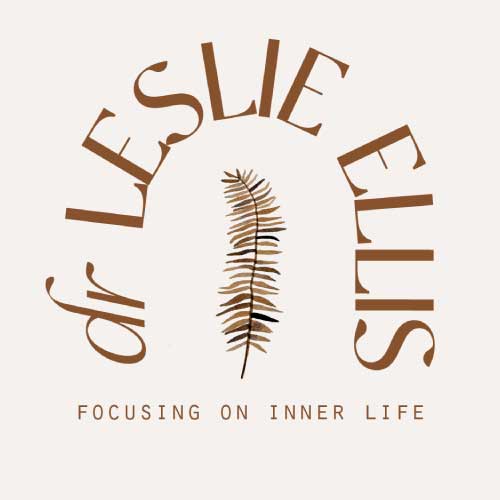Dreaming after an emotional experience might help us feel better in the morning
Although dreaming has been implicated in the consolidation of memories, it seems we also dream to forget. In a similar way that sleep has been shown to clean our brains of clutter, a recent study supports the notion that dreaming helps us rid our minds of non-essential memories so we can focus on what is important to us, but only if we remember our dreams.
Zhang and colleagues (2024) recently completed a study that supports an active role for dreaming in reducing next-day reactivity associated with emotional memories. Their research also suggests there is a mechanism in which dreams enhance salient emotional experiences at the expense of less relevant, or neutral memories. In short, dreaming helps us remember and process what’s important to us, and to forget what is not. But again, only if we recall our dreams.
This is an interesting feature of the study – the results only applied to those who recall dreams. We know that just because we don’t recall dreams in the morning, this does not mean we did not dream during the night. Most of our dreams are forgotten; it has been suggested that dreams do their job even when we don’t recall them. However, this study demonstrates an important role for dreams that we remember upon waking – a possibly a reason it’s worth cultivating greater dream recall.
According to the authors: “This study asks why we dream. Building on prior work demonstrating a link between sleep and the processing of emotional memories, we examine whether dreaming alters overnight memory and emotional reactivity on an emotional picture task. We found that participants who reported dreaming exhibited an emotional memory trade-off, prioritizing retention of negative images over neutral memories, a pattern that was absent in those who did not recall their dreams. Moreover, dreaming was associated with decreased emotional reactivity to negative memories the following day, with reduced reactivity tied to more positive dream content. We provide the first empirical support for dreaming’s active involvement in sleep-dependent emotional memory processing, suggesting that dreaming after an emotional experience might help us feel better in the morning.”
This article juxtaposes the continuity hypothesis of dreaming with that of dreaming as emotional regulation. “The Emotion Regulation theory of dreaming is different from the Continuity theory of dreaming as it proposes that dreams lead to a functional change in emotion regulation during waking.” The authors note a dichotomy in the prevalent theories about dreaming – those who consider dreaming a passive activity ascribe to the continuity of dream affect before, during and after dreaming. Those who ascribe to Emotion Regulation or Simulation theories suggest dreaming plays an active role in changing one’s experience (albeit by different mechanisms: Emotion Regulation by downregulating negative emotions, and Simulation Theory by preparing for future experiences).
The current study is an attempt to test whether dreams actively support the transformation of emotional reactivity by measuring changes after a night of sleep in both those who report dreams and those who do not recall any dreams. If the dream recallers have decreased reactivity the morning after dreaming, this would support the sleep-to-forget, sleep-to-remember (SFSR) hypothesis. SFSR is supported by previous studies which show that REM sleep preferentially preserves emotional memories over neutral ones.
However, the authors note that results of research into the effect of REM sleep on emotional reactivity are decidedly mixed – some studies show increased regulation, others, increased arousal. In surveying existing literature, the authors reached the conclusion that “dreaming might play a role in both the memory consolidation and the emotional regulation aspects of emotional memory processing.”
To test the change in next-day emotional reactivity after memorable dreaming, 125 women were studied, in a mix of sleep lab and at-home settings. The authors were able to replicate prior reports of an emotional memory trade-off in which sleep preferentially enhances consolidation of negative versus neutral memories. They suggest their study “highlights the critical role of dreaming in emotional memory processing during sleep.”
The study also supported prior research showing that emotional reactivity to previous experiences decreases after a night of sleep, but again, this effect was only present in those who remembered their dreams. In participants who did not recall dreams, no significant differences were found between negative and neutral memory performance. This interesting distinction was flagged as “remarkable” and an important topic for future research.
Join me on substack for an ongoing journey into the world of dreaming!
www.https://dreamsdemystified.substack.com/
Subscribe to get full access to my complete book chapters, publication archives, and to come: recordings, lectures, papers and more.
Zhang J, Pena A, Delano N, Sattari N, Shuster AE, Baker FC, Simon K, Mednick SC. Evidence of an active role of dreaming in emotional memory processing shows that we dream to forget. Sci Rep. 2024 Apr 15;14(1):8722. doi: 10.1038/s41598-024-58170-z. PMID: 38622204; PMCID: PMC11018802.

